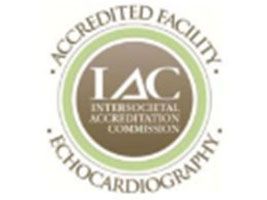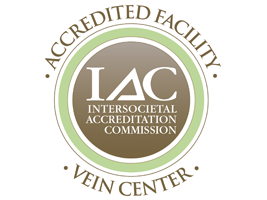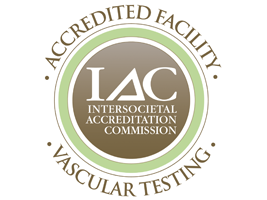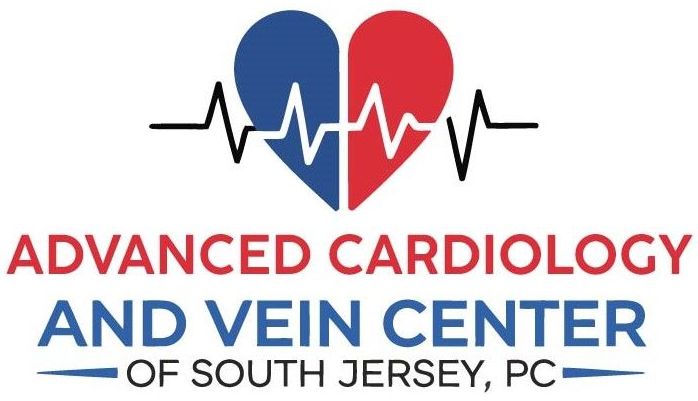The Importance of Cardiology Services in Managing Cardiac Health in Diabetic Patients
Maintaining cardiac health in diabetic patients is an essential aspect of comprehensive healthcare. The interplay between diabetes and cardiovascular disease is well-established, with heart disease being one of the leading causes of morbidity and mortality among diabetic individuals. This relationship underlines the critical role of cardiology services in managing and improving outcomes for diabetic patients, offering tailored interventions that address specific cardiovascular risks associated with diabetes.
Specialized Care
One compelling reason why cardiology services are indispensable for diabetics is that they offer specialized care tailored to the unique needs of these patients. Diabetics are at a higher risk for heart disease because high blood glucose levels can damage blood vessels and nerves controlling the heart. This necessitates regular monitoring and precise management of cardiac risk factors such as blood pressure, cholesterol levels, and lifestyle adjustments, which specialized cardiology services can provide.
Avoiding the Silent Killer
High blood pressure, often dubbed the "silent killer," is particularly prevalent among diabetic patients and significantly elevates their risk of heart disease. According to MedCentral, nearly 47% of US adults have high blood pressure, a major risk factor for heart disease. Without proper intervention and management through cardiology services, the combination of diabetes and hypertension can dramatically increase the likelihood of adverse cardiac events, necessitating vigilant and ongoing cardiovascular care.
State-of-the-Art Diagnostic Options
Furthermore, cardiology services offer state-of-the-art diagnostic and therapeutic options that are crucial for preventing and treating cardiovascular complications in diabetic patients. These services include stress tests, echocardiograms, and angiograms that can detect early signs of heart disease, allowing for timely intervention. Innovative treatments such as minimally invasive procedures and lifestyle interventions guided by cardiologists can prevent disease progression and improve quality of life for diabetic individuals.
In conclusion, the integration of
cardiology services into the management of diabetic patients is vital for effective cardiac health maintenance. With specialized care, comprehensive risk assessment and intervention, and cutting-edge treatment options, cardiology services have a significant impact on reducing heart disease risks. This collaborative approach not only mitigates the complications of diabetes but also enhances overall health outcomes, emphasizing the indispensable role of cardiology in contemporary diabetic care. Call us at Advanced Cardiology and Vein Center of South Jersey. We look forward to hearing from you and working with you in the near future!















Share On: